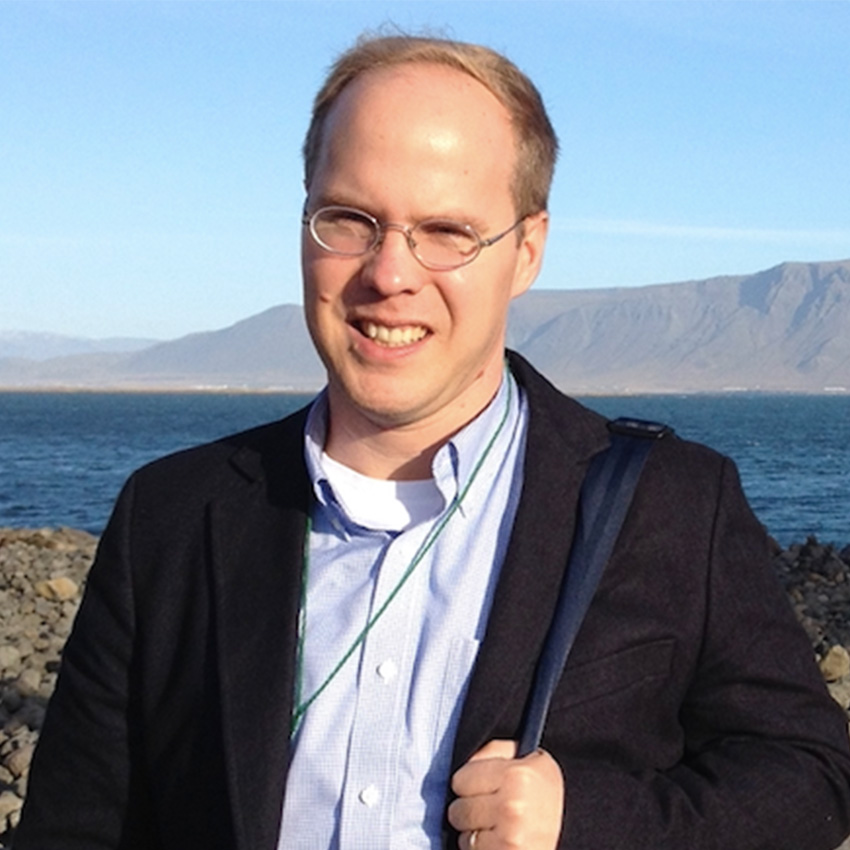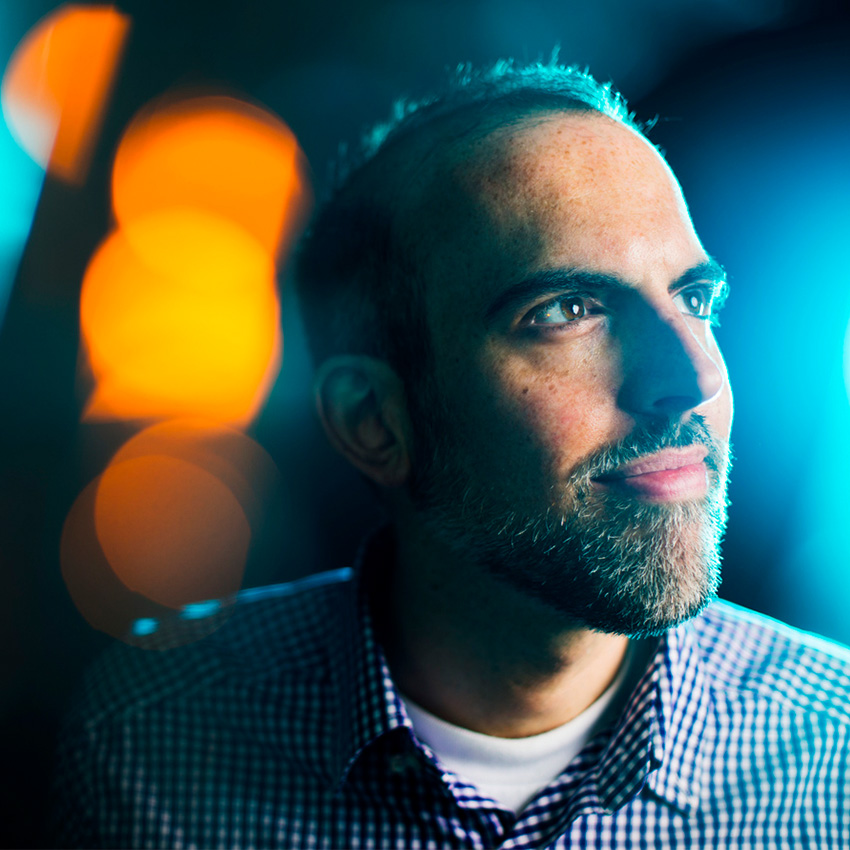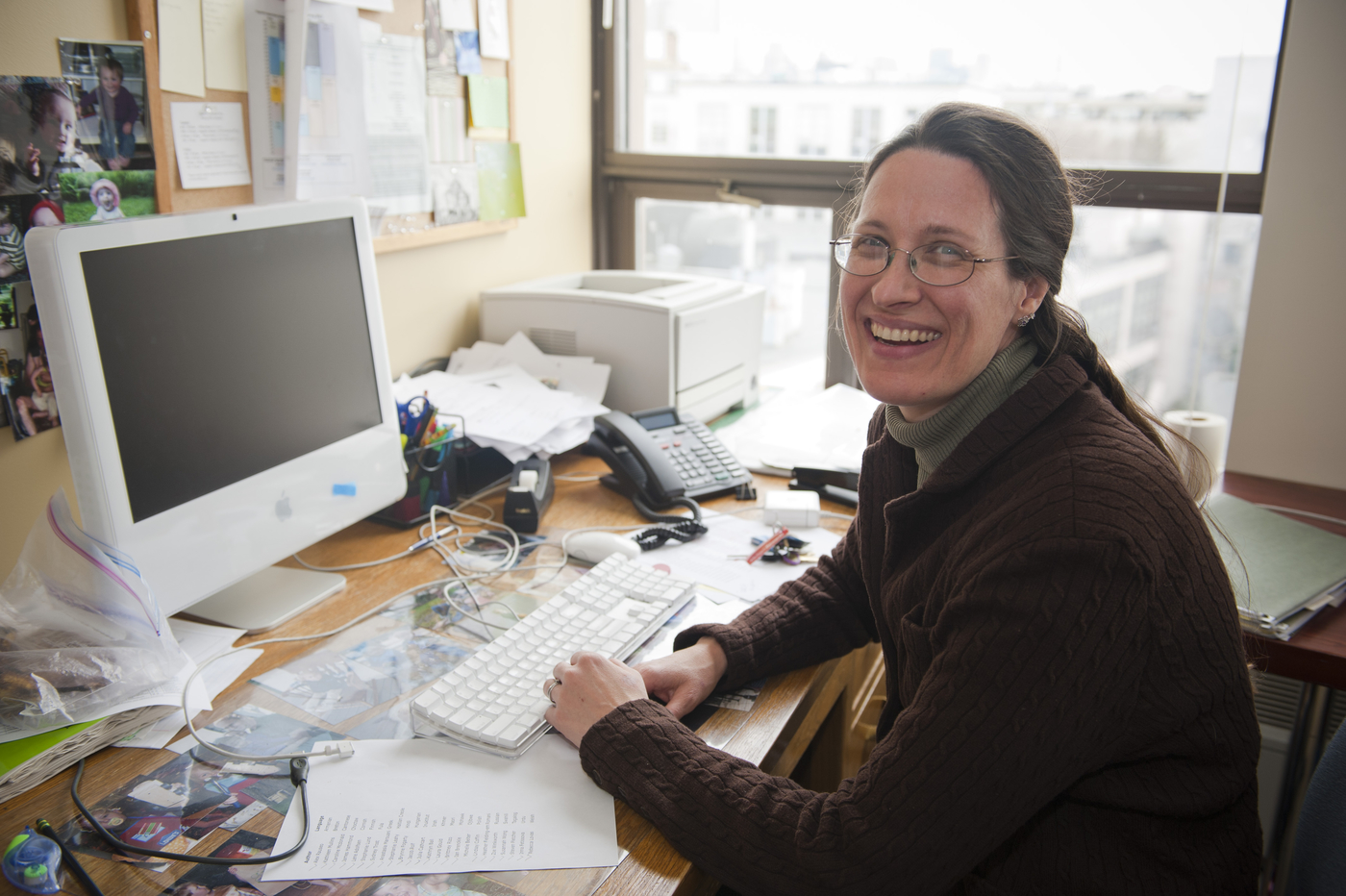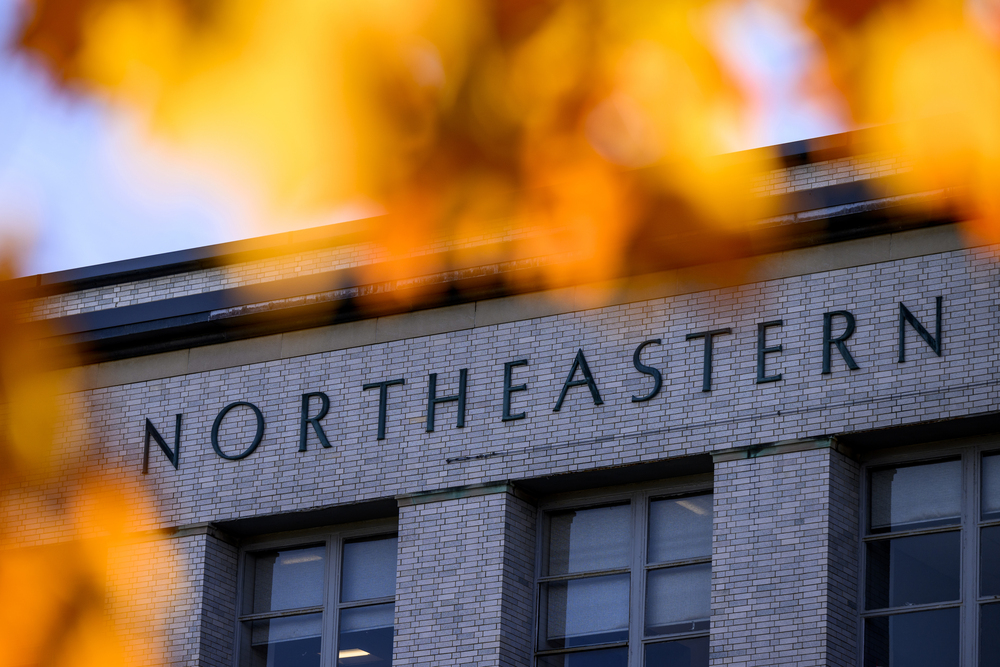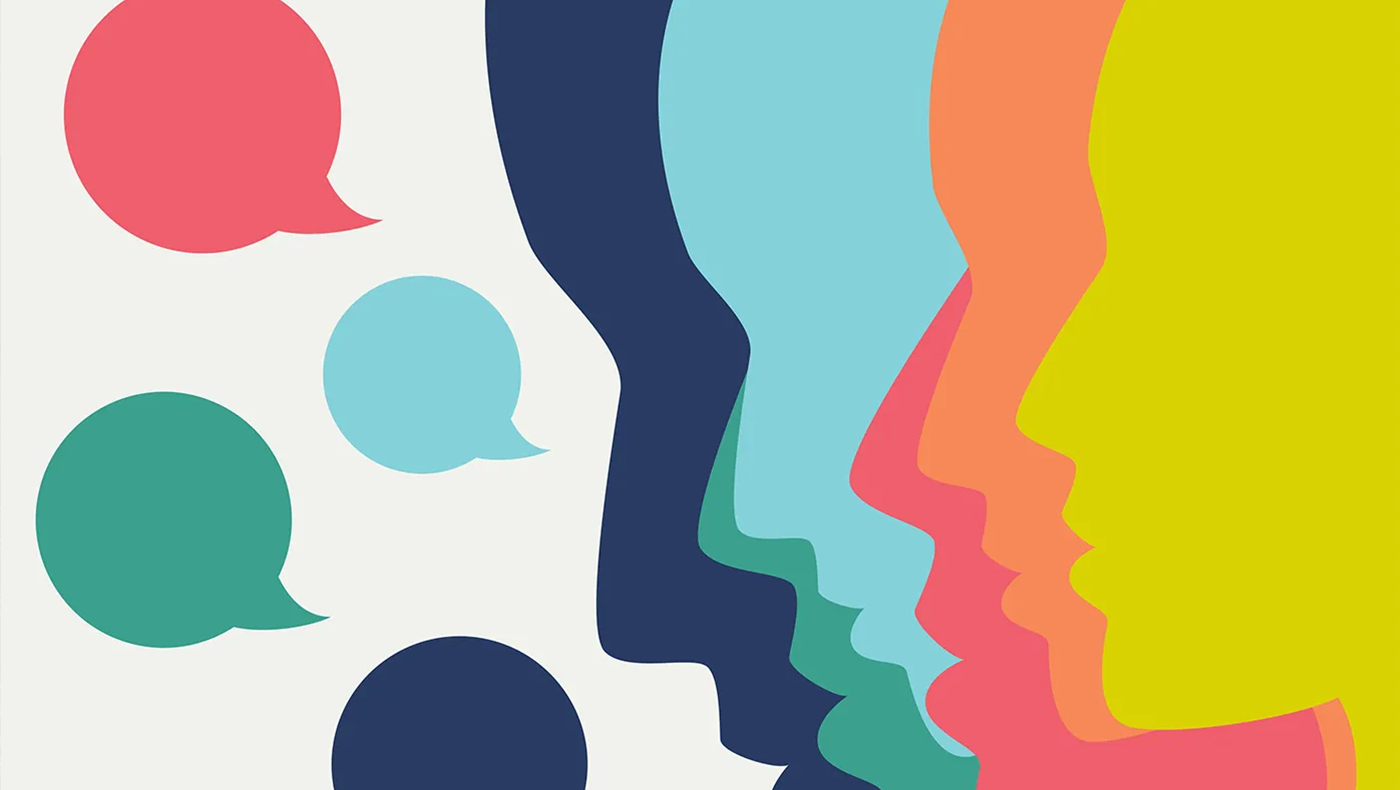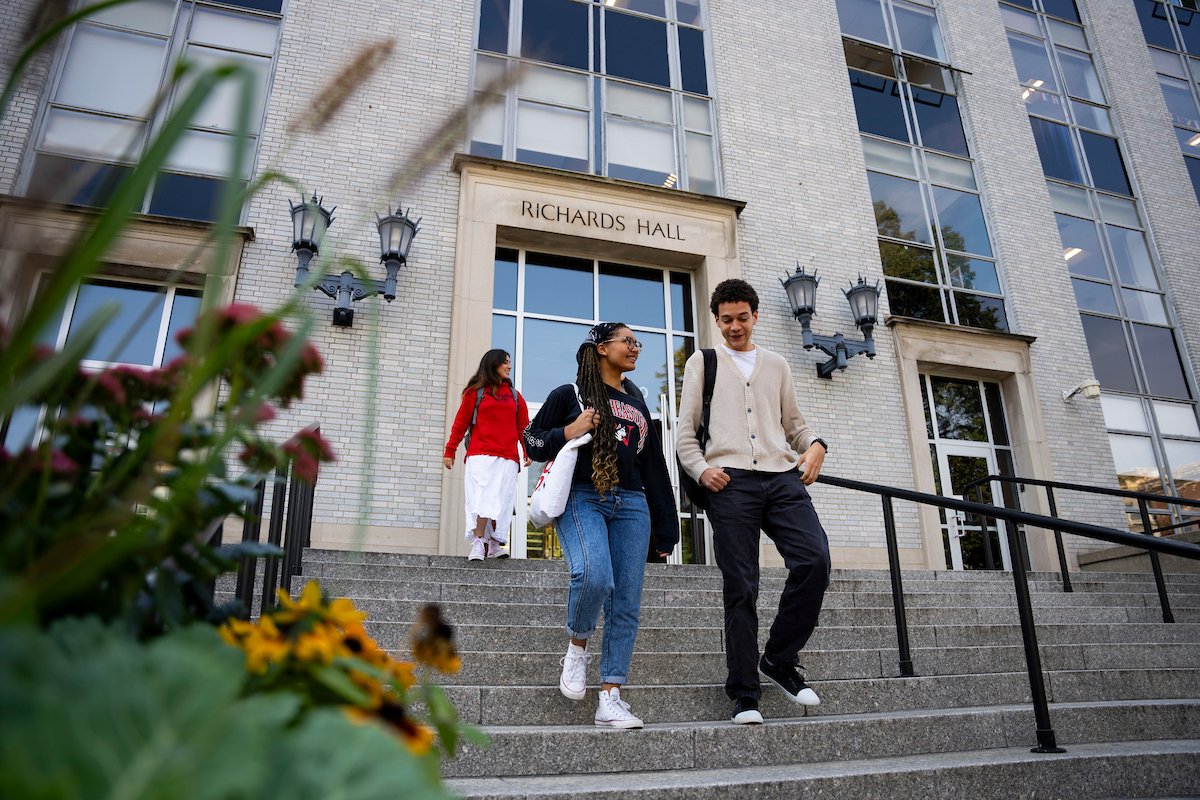
Linguistics
Students studying linguistics explore, investigate, and discover the fundamental principles and concepts that underlie the one feature that makes humans so unique: language!
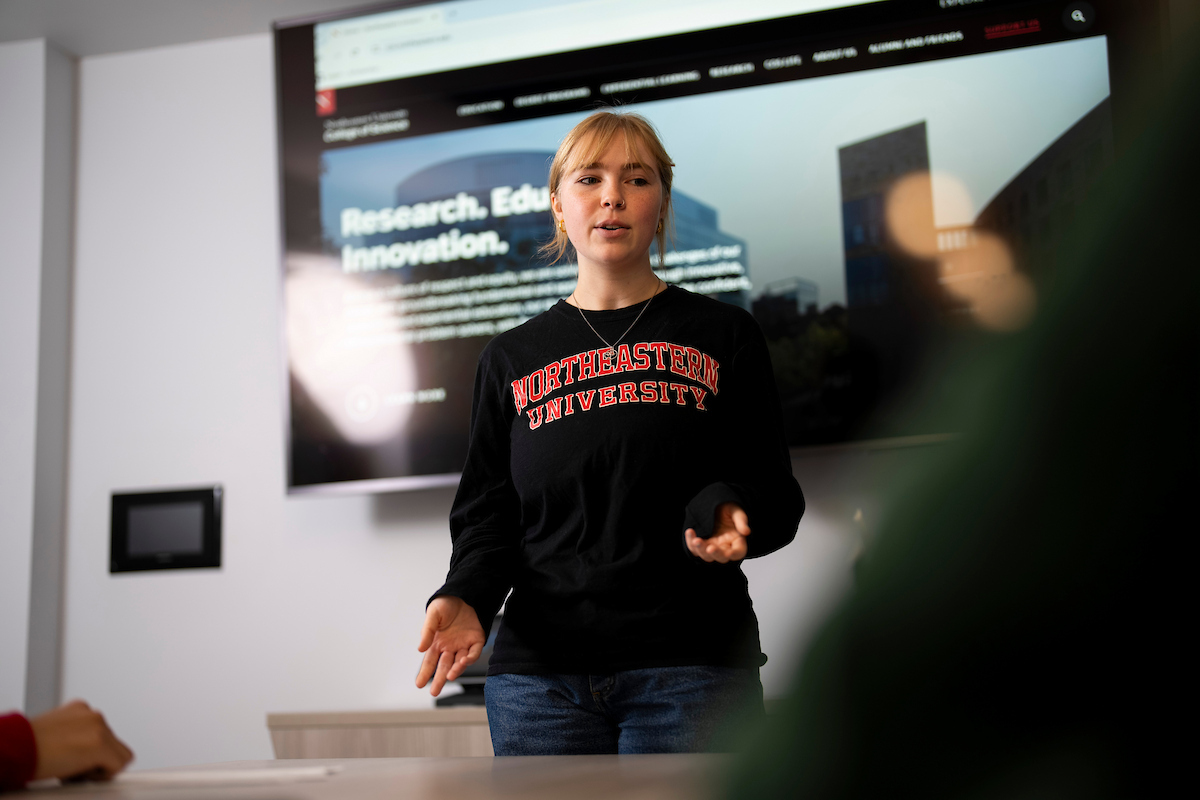
Program Overview
The Linguistics program in the College of Science equips students with the tools to examine and better understand the striking complexity of linguistic knowledge, appreciate the remarkable diversity of linguistic structure, and unravel a bit of the mystique surrounding this critical facet of the human experience.
Central to the study of linguistics is the structure of language:
- sounds and sound patterns (Phonetics and Phonology)
- words (Morphology)
- phrases and sentences (Syntax)
- meaning (Semantics)
This structural knowledge in turn allows students to better understand the social context of language, how it evolves over time, how it is acquired, and how it is processed in the brain.
Linguistics Education
Linguistics courses, taught by faculty passionate about the field, focus on developing the skills needed to build a solid foundation for nearly any type of future profession or graduate-level study.
Analytical Skills
- Pattern identification
- Data interpretation
Critical Thinking Skills
- Independent thinking
- Abstract reasoning
- Persuasion and evidence
Presentation Skills
- Scientific writing skills
- Oral presentation skills
Undergraduate Majors
The major in linguistics is designed to provide students with a strong foundation in the study of linguistics at both the structural and social levels.
Combined Majors
In this combined major, students receive extensive training in writing and speaking, both for a technical audience and more generally; and they explore the role of language and communication in society.
This program focuses on the relationship of culture to the institutions, interpersonal relations, and practices that make up their social structure while emphasizing the structure of human language and its involvement in social interaction and culture.
In this combined major, students study the structures and analysis of human languages across multiple levels and apply this knowledge to understanding how the English language works, its rhetorical forms, how it has changed over time, and its cultural context.
This combined major educate students in psychology, linguistics, and the interface between the two disciplines, which are core areas within the field of cognitive science.
In this program, students receive an extensive background in the formal structures of human language, the methods and applications of linguistic analyses of language data, the biology, neurology, and physics of the human vocal tract, and the nature of both normal and disordered human speech communication and language development.
In this combined major, students emerge with the transcultural skills and linguistic competence to communicate in and analyze one of the world’s major languages and with a deep understanding of how this system has flourished across space and time.
Undergraduate Minor
The minor in linguistics provides students with an overview of the field, including exposure to both the structural and sociocultural aspects of the study of language. Students have an opportunity to learn the methods of linguistic analysis and to obtain more advanced exposure to various subdomains of linguistics.
Experiential Learning
-

Cooperative Education
Northeastern’s cooperative education provides students the opportunity to get out of the classroom and immerse themselves in real-world contexts. From marketing and journalism to law and special education, there’s a wide range of career options for students to pursue, while exploring their own special interests.
-
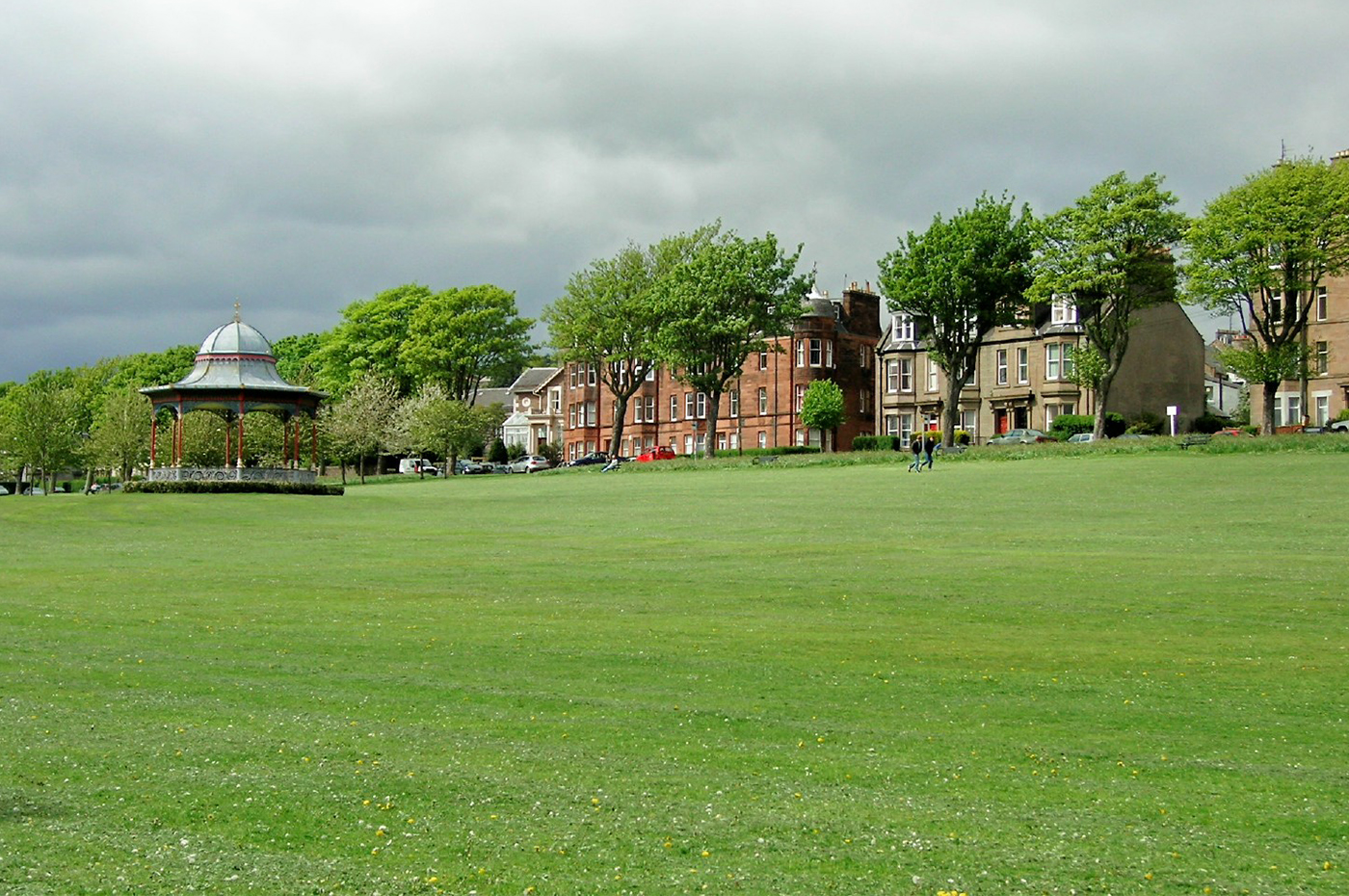
Global Experiences
Students will also have the opportunity to study abroad, where every experience becomes a first-hand lesson in local language and culture.
-

Entrepreneurship
Our Science Connects to Innovation Program empowers undergraduate science students through education, resources, and networks to create entrepreneurial solutions—spanning cleaner energy, eco-friendly pesticides, potential anticancer compounds, sustainable foods, and high-tech assistive devices.
Ready to apply?
Upcoming events
All Events-
Sep 16
